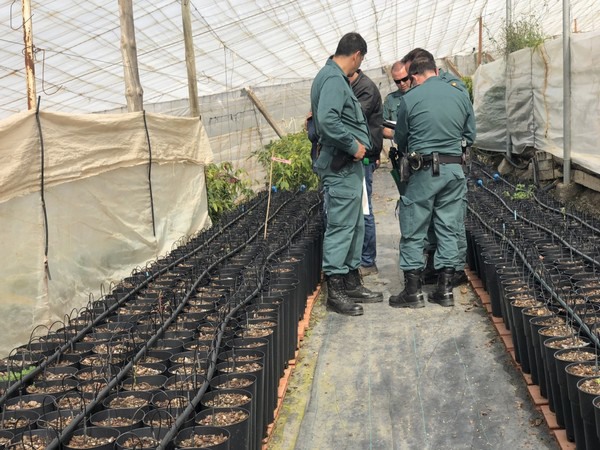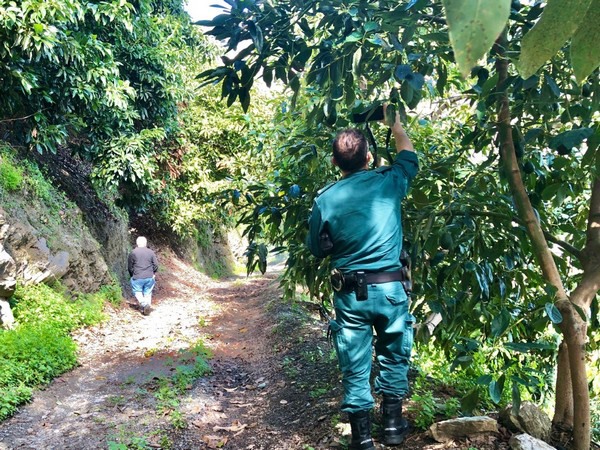The illegal multiplication and marketing of avocado seedlings of the protected variety Lamb Hass has resulted in the first criminal conviction of a nursery on the Costa Tropical, in the Spanish province of Granada, which has been forced to destroy more than 10,000 plants and pay a compensation to Eurosemillas, which owns the patent for this variety globally.

In recent years, avocados have attracted a lot of investment due to the boom in their consumption and the profit it generates for all links in the production chain, especially the growers. That is why illegal Lamb Hass avocado plant grafts are proliferating in southern Spain. "Many producers are grafting Lamb Hass avocados illegally, acquiring plant material from nurseries that do not have a multiplication licence," say sources from Eurosemillas.
The Cordoba-based company has an Exclusive Master License from the University of California for fruits like second season mandarins, like the Tango, as well as strawberries, avocados, raspberries or asparagus.
Currently, legal action is being taken against producers who carry out these illegal activities, as it constitutes an infringement of industrial property rights. “When an illegal plantation is identified, the first step is to inform the producer involved in good faith to try to solve the problem. If the situation persists, legal action is taken as a last resort,” says the company.

“In the media, we often hear news about breeders who report the unauthorized propagation of their protected varieties, and it is true that there is still a lot to do. Keeping illegal multiplication under control is certainly difficult and expensive. Producers must understand the concept of the breeder's right, as well as the need for the breeder to receive a royalty based on their research activity. One of the greatest advantages of protected varieties is that we strategically calculate the cultivated area based on the market's needs with the aim of avoiding overproduction and trying to maximize the growers' returns. For this reason, when a variety is spread and exploited illegally, the market can be affected and, consequently, there will be a drop in the returns for all parties involved,” said Eurosemillas.
The Lamb Hass is characterized by its similarity to the free Hass variety, although it offers higher yields, more consistent productions and larger sizes. Since it is a late variety, the Lamb Hass variety allows producers to extend their black-skin avocado production schedule by two months.
The sector is looking for new varieties given the possible impact of pests that may affect the Hass, the most widespread avocado variety in Spain and the rest of the world. At Eurosemillas, they have already started the testing and registration processes of 5 new varieties and 4 new avocado patterns from the University of California that will be commercially available in the coming years.
 For more information:
For more information:
Eurosemillas
Paseo de la Victoria, 31,
14004 Córdoba. Spain
T: (+34) 957 42 17 32
eurosemillas@eurosemillas.com
eurosemillas.com
